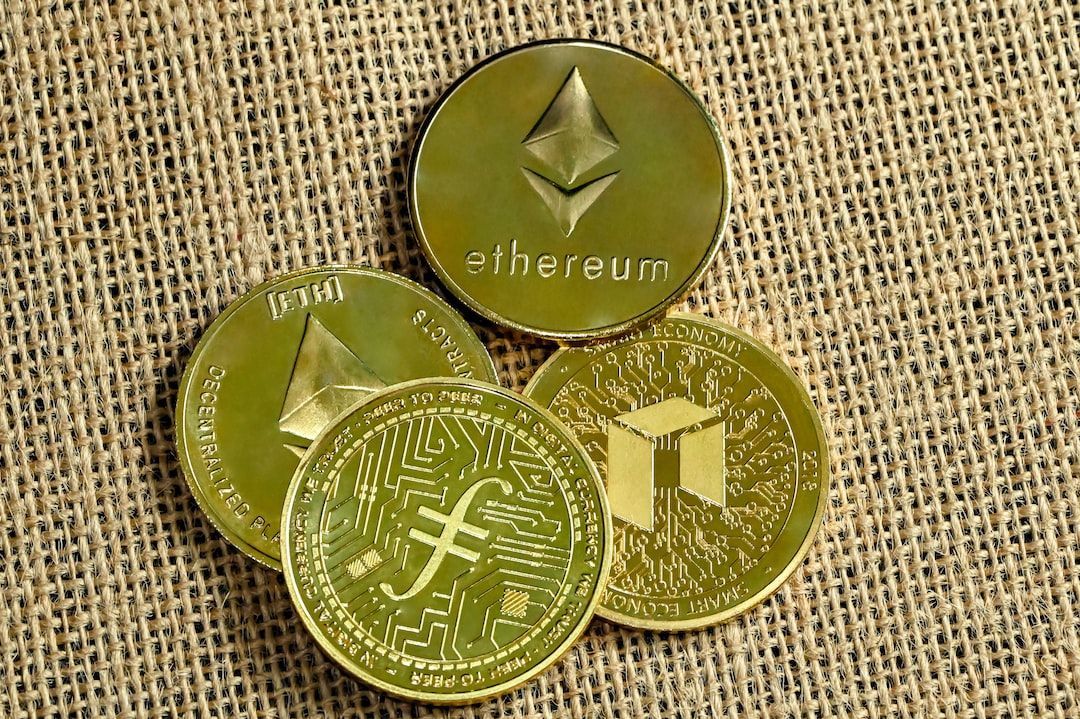

What is Ethereum?
Ethereum is a blockchain platform that allows developers to build and deploy decentralized applications. The project was bootstrapped via an ether presale in 2014, at the time when the currency was just called “Ether”. Ethereum has since grown into one of the world’s largest cryptocurrencies by market cap, with recent developments such as
support for ERC-20 tokens and a switch from Proof-of-Work (PoW) to
Proof-of-Stake (PoS) mining adding to its value as an investment opportunity.
Furthermore, Ethereum is an open-source, public blockchain platform that can be used to build decentralized applications and transmit what it calls “smart contracts”—agreements executed by a computer algorithm.
In cryptocurrency terms, it’s the token used to pay transaction fees on the network, and miners can earn Ether from mining blocks.
The second part of the description above contains some jargon that might be unfamiliar to newcomers—but don’t worry! We’ll go over each component individually, so all will become clear soon
enough.
Ethereum’s features
Ethereum is a platform that runs decentralized applications, or DApps.
The Ethereum Virtual Machine (EVM) and smart contracts it runs allow developers to create markets, store registries of debts or promises, and move funds in accordance with instructions given long ago. The Ethereum Virtual Machine makes the process of creating blockchain applications much easier and more efficient than ever before.
Decentralized apps built on top of Ethereum can be used to control real-world objects like cars or homes. The possibilities are endless.
Smart Contract Powered DApps
A smart contract is a computer program that runs on the Ethereum blockchain and can facilitate, execute, and enforce the negotiation or performance of an agreement.
When you agree with someone, whether it’s a business deal or a personal arrangement like sharing an apartment, you are entering into a contract. In most cases, these agreements will have some kind of penalty if both parties don’t uphold them – otherwise, there would be no incentive to keep them alive and well. But what if we could create an agreement that doesn’t need any human involvement? That’s where smart contracts come in!
With smart contracts, both parties must fulfil their end of the bargain; otherwise, they’ll face penalties for executing computer code built into their contract itself. This feature makes them ideal for tasks such as paying rent when due.
How does the Ethereum blockchain work?
Ethereum – Its decentralized platform that runs smart contracts. Applications run precisely as programmed without any censorship, possibility of downtime, fraud or third-party interference.
These applications run on a custom-built blockchain, shared global infrastructure that can move value around and represent the ownership of property. This enables developers to create markets, store registries of debts or promises, move funds in accordance with instructions given long in the past (like a will or trust) and many other things that have not been invented yet, all without a middleman.
The Account Types, Value Transfer & Gas
In Ethereum, there are different account types:
● Externally Owned Accounts (EOAs): This is what we usually think of when we talk about a person or organization having an account on the blockchain. EOAs have an address that is derived from the public key and can be used to send ether and other transactions.
● Contract Accounts: Contracts are pieces of code that run on top of Ethereum. They don’t actually store any Ether but can still receive it as part of their execution process. You cannot directly interact with them, but they can interact with you using their own methods and functions through your wallet’s API calls or web3 integration libraries such as Metamask.
● Accounts with only one owner: An account with only one owner has no concept of gas fees since the owner himself will always pay the fees. This means that it has no other way than to wait until he pays enough gas before executing any instruction given by this contract.
Pros of Ethereum
The Ethereum blockchain has many advantages. It is more than just a cryptocurrency; it offers users some unique features that make it stand out from the crowd of popular blockchains today. For example, Ethereum can be used to create decentralized applications (Dapps) or smart contracts on its platform. This gives Ethereum greater functionality than other cryptocurrencies like Bitcoin, which is only used as a medium of exchange for buying goods and services online.
In addition to this, Ethereum also offers faster transaction speeds. Any transactions made via the platform will be processed much quicker than with any other cryptocurrency network in operation today, such as Bitcoin or Litecoin. Furthermore, users will not have to worry about paying high fees when transacting with Ethers since the network charges very low transaction fees compared to its competitors like Ripple (XRP).
Another advantage offered by Ether over other blockchains is its wider scope of application; you can use Ether tokens not just for purchasing items from merchants but also within your own company if you need stock option grants or employee salaries paid out using cryptocurrency tokens.
Conclusion:
We hope this blog has provided you with a complete understanding of the Ethereum blockchain, its features and the value it can bring to your business. If you’re new to this space and want to know more about Ethereum in general, then we would highly recommend checking out
their official website for more information.
Lead image source.
L O A D I N G
. . . comments & more!
Your Ultimate Guide to Ethereum and its Working Principles
Source: Trends Pinoy
0 Comments